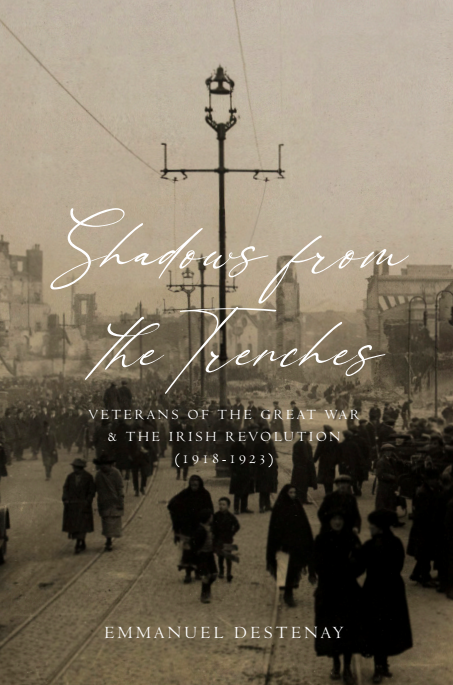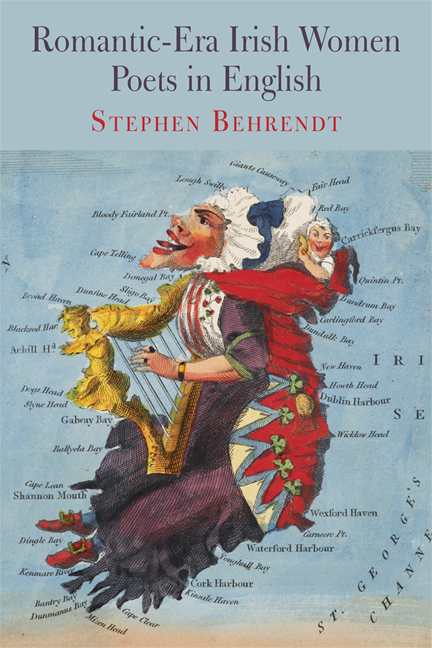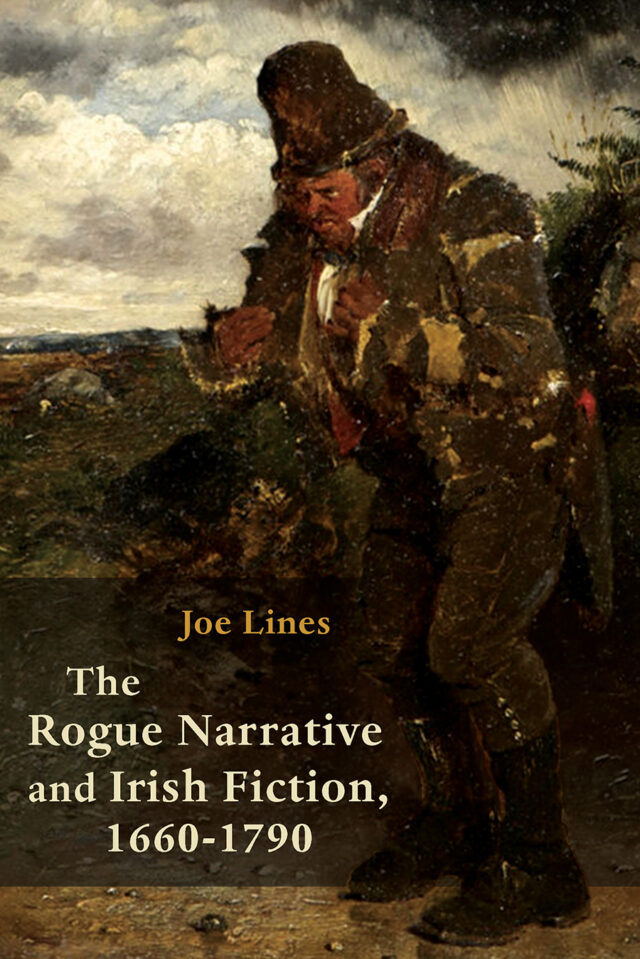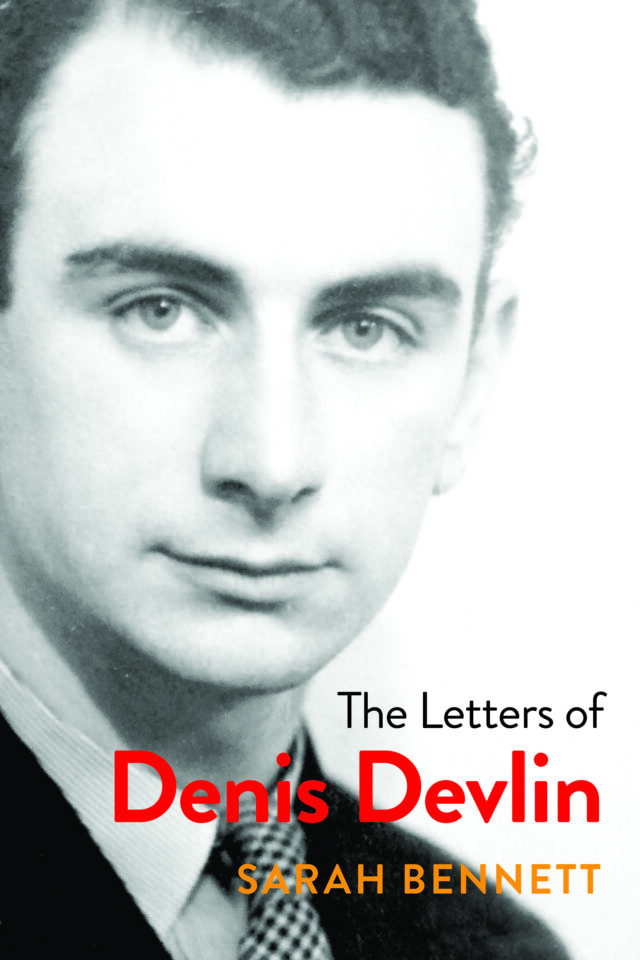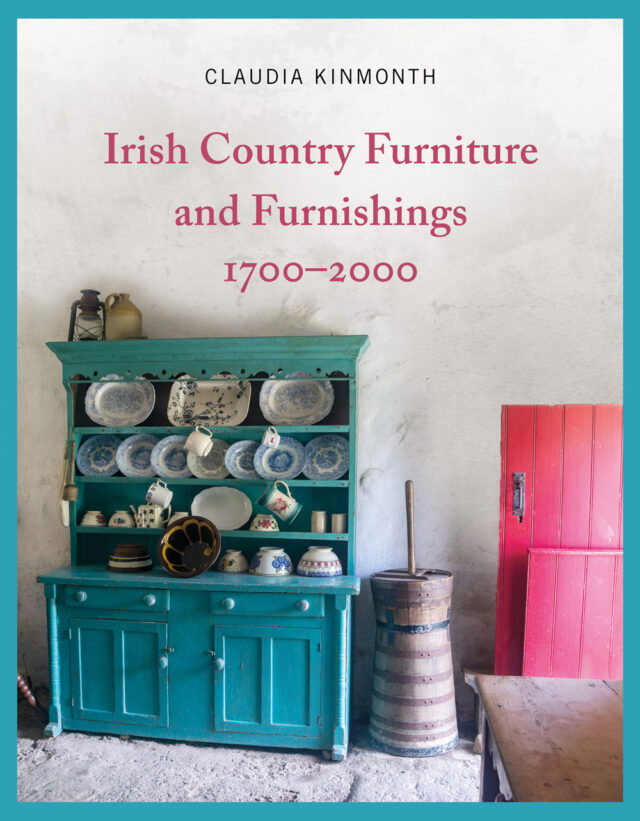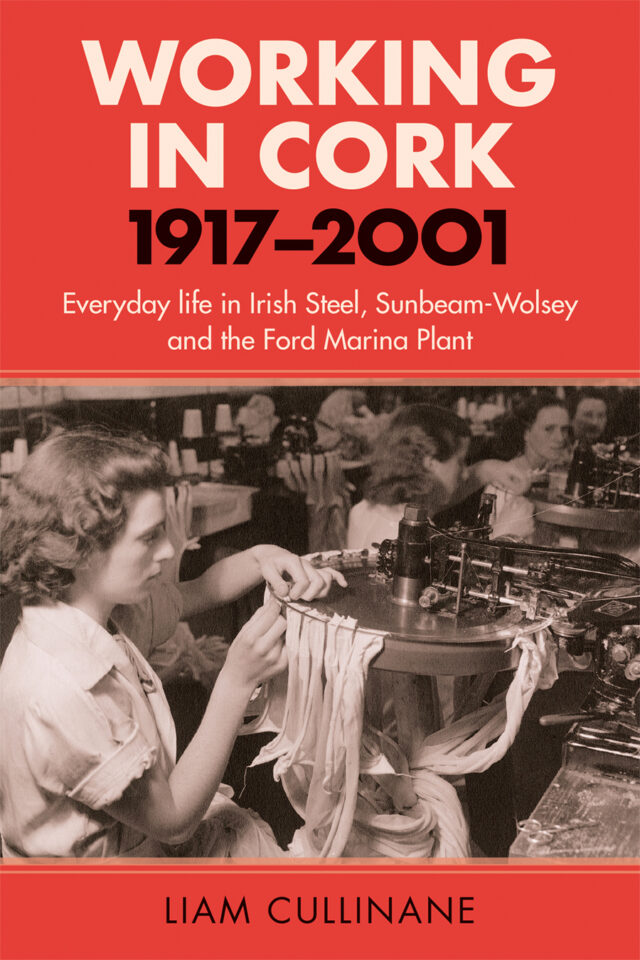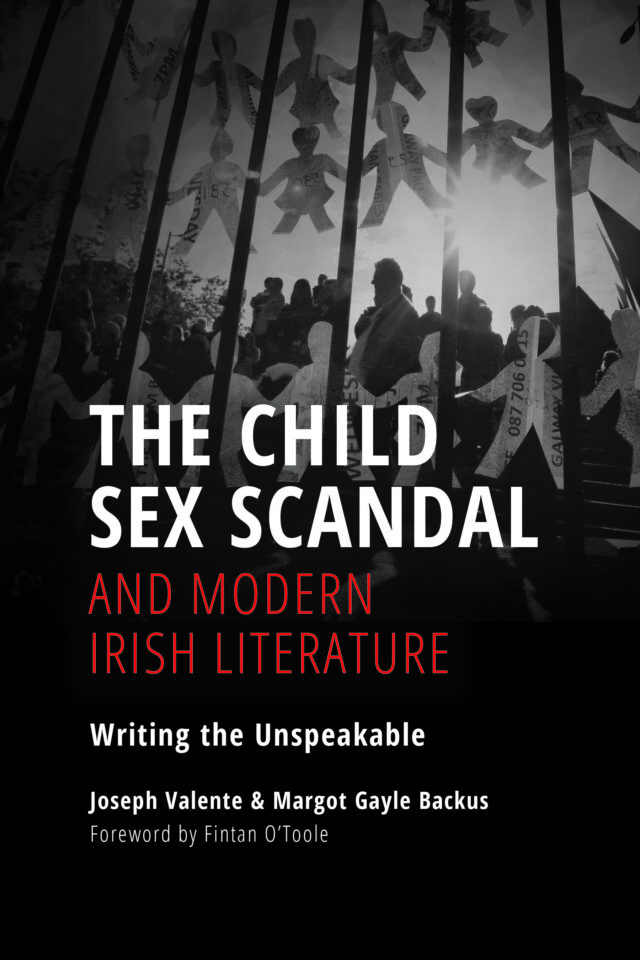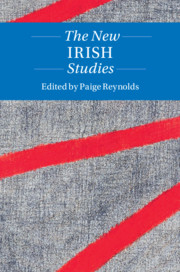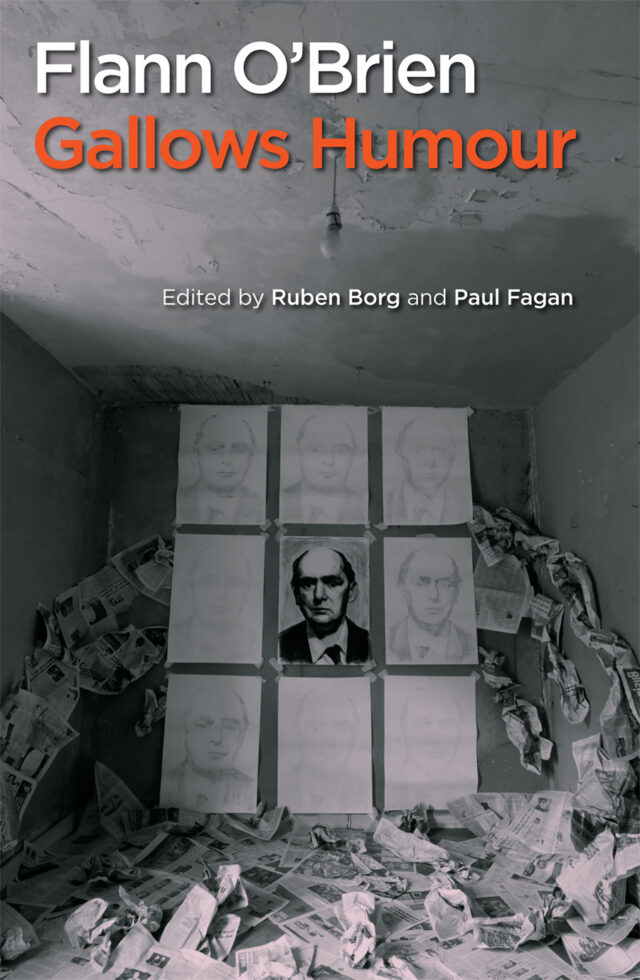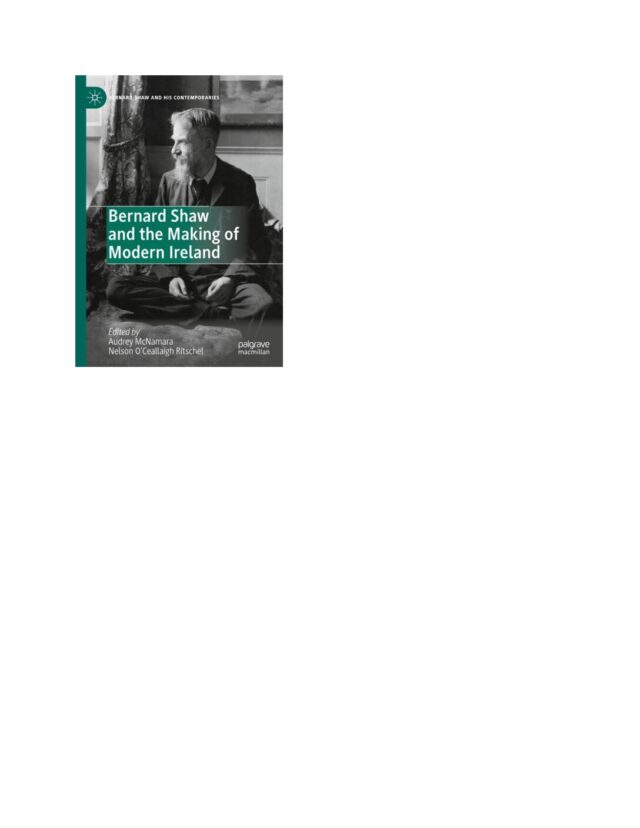Shadows from the Trenches: Veterans of the Great War and the Irish Revolution (1918-1923)
Approximately 150,000 Irish officers and men joined the British Army during the First World War. What happened to them when they returned home? What determining role (if any) did they play? Most importantly, did they fall victims of selective revolutionary
